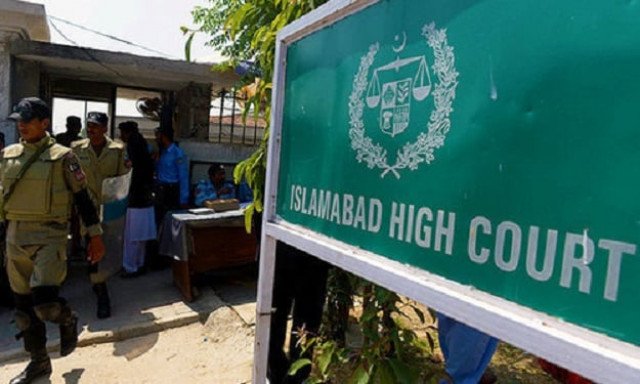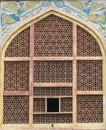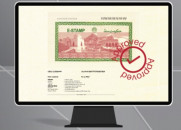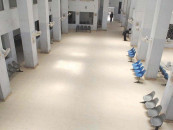FCC urged to implement video-link, e-filing for nationwide access
Legal practitioners cite logistical challenges

The newly established Federal Constitutional Court (FCC) has been urged to introduce video-link facilities and e-filing mechanisms to ensure that litigants and lawyers across the country are not disadvantaged and access to justice is not hampered
With establishment of the FCC under the 27th Constitutional Amendment, the FCC is currently operating from temporary facilities within the Islamabad High Court.
It is learnt that the FCC has mandated filing of petitions only in Islamabad and for in-person hearings in Islamabad, but advocates told The Express Tribune that limiting arguing cases to the capital inadvertently hampers 'Access to Justice' for litigants across the Federation.
To ensure the FCC truly represents the entire nation, the advocates said, the FCC should on an urgent basis establish video link facilities in Karachi, Lahore, Peshawar, and Quetta and also allow filing of petitions in the provincial capitals.
According to them, even the Supreme Court has established video link facilities in the provincial capitals and allows advocates to argue cases via video link from Lahore, Karachi, Peshawar and Quetta and also file petitions in registries established in there.
The advocates cited multiple grounds for their request.
First, they noted past precedent: during complex cases, such as those involving Sections 4B and 4C of the Income Tax Ordinance 2001, the former Constitutional Bench allowed counsels in provincial capitals to follow proceedings remotely, reducing repetition of arguments and saving the court's time.
Second, many specialists in constitutional litigation are based outside Islamabad; remote access would ensure the FCC receives the best possible legal assistance without logistical barriers.
Third, simultaneous introduction of e-filing and permission to argue via video link would significantly reduce litigation costs and modernise the court's procedures.
They urged the FCC to immediately operationalise provincial video-link registries and adopt e-filing mechanisms. They further argued that hearings of large, bundled matters should be deferred until such facilities are functional to prevent any litigant from being deprived of effective representation.
Separately, concerns were raised over the FCC's recent approval of 200 new staff positions — covering qasids, clerks, sweepers, gardeners and cooks — but no posts for IT professionals such as database, systems, or network administrators. The advocates termed the omission "disappointing," particularly as the country pushes towards digitisation and modern judicial infrastructure.




















COMMENTS
Comments are moderated and generally will be posted if they are on-topic and not abusive.
For more information, please see our Comments FAQ